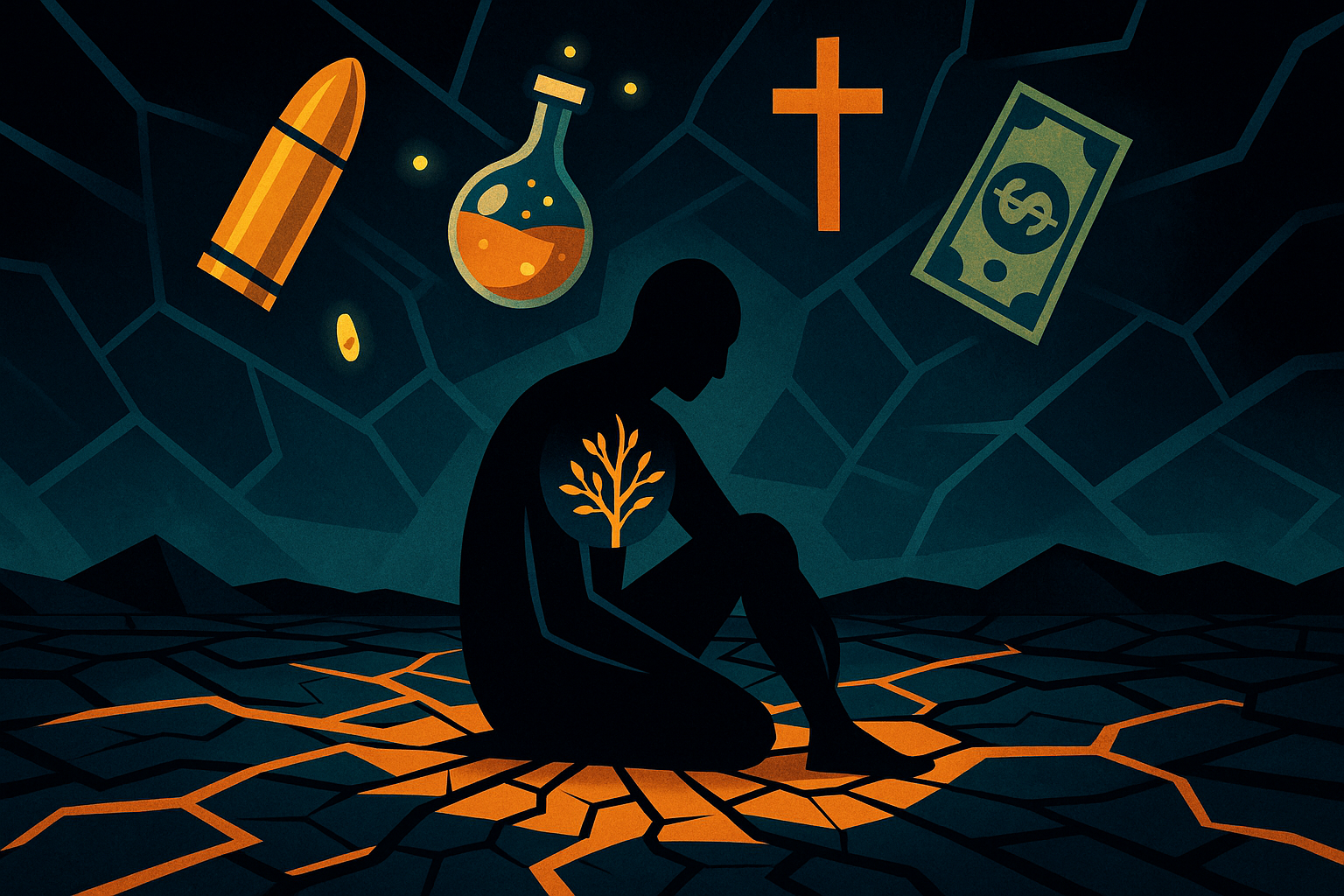“Made direct amends to such people wherever possible, except when to do so would injure them or others.” – Step 9
You finally made it to the Big Stage! All the healing you did on the inside must now play itself out to the world around you. It feels like being on stage under the spotlight and you, like the Emperor, are without clothes. The exception is that you know you’re naked!
As your eyes squint into the light of the task that is before you your sponsor gives guidance telling you first to make direct amends to yourself. No place better to start cleaning up a mess than at home. What does this mean? There are many suggestions. You will need to identify what makes the most sense to you.
Ceremonially, drive a stake down with a sacred vow to treat yourself with dignity and respect, recognizing the way in which you demonstrated self-disdain through your addiction and related behavior. Commit to prioritizing self-care physically, emotionally, and spiritually. Embrace positive self-affirmation toward transformational destiny. Commit to mind conditioning of deep belief in your own brilliant self. Some addicts purge personal environments contaminated with addictive behavior by burning sage and other meaningful ceremonies. Native American spirituality can be very helpful in this endeavor. Many others utilize religious ceremonies and symbols to cement healing toward themselves. You will need to carefully reflect and create your own way.
Once you have made amends to yourself you are ready to address those around you. There will be amends to those you let down—friends, family, a partner, work relationships, etc. Some amends will be automatic and not as difficult as others. Others will be tough and really scary.
Making amends to your significant other for the betrayal you did requires eliminating all minimizations, dishonesty, and displacement of responsibility. You will at least need your sponsor to help you prepare for these amends if not a professional therapist trained in this area of healing.
Making amends to people who have loved you deeply is a process and less of an event. It will require you to give reassurance that you are committed to stopping your destructive behavior regardless of how your loved one received your amends. Your behavior broke their heart.
If you broke your leg, you wouldn’t be able to run on it the next day after treatment. Your loved one won’t be able to embrace you any time soon after your amends. Ask your sponsor to help condition you for this season of amends-healing with your loved one. Stay strong and stay the course.
Other amends will include admitting your lies to those who were hurt by them. Making restitution to those you stole from or deprived of benefits because of your selfishness. You will need to make amends to those you slandered with gossip. There will be a long list of behaviors that you will need to consider.
Making amends is a process that is guided by the heart. The challenge is that most addicts abandoned being guided by their heart a long time ago and need practice and conditioning to initiate heart sensitivity as a replacement for selfish impulses and desires.
All amends are hurtful to you and those who listen. You must delineate the difference between healing hurt and that which is destructive. You will need help and guidance. Everybody fits this category. It is not advised to engage in Step 9 without living in consultation and accountability. Consult your sponsor, group members, a therapist, or even a spiritual leader who is sensitive and informed about the goals of 12-step living. Be accountable and lean into the wise wisdom of those who have gone before in making amends. Accountability is critical. Many stall out because they are afraid of the conflict and hurt they imagine if they make the prescribed amend to a certain person. Go back and embrace Step 3. Engage your sponsor. Don’t be half-assed! Go the distance and notice the surge of confidence and belief in self that appears. Go for it!





